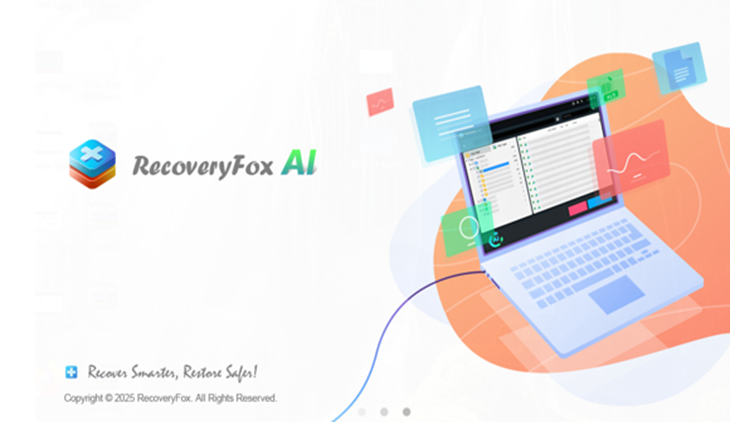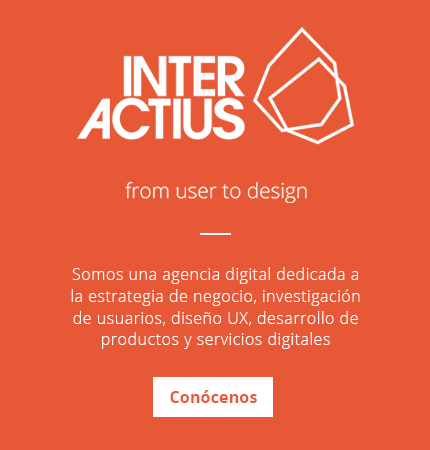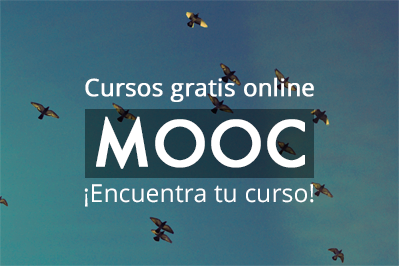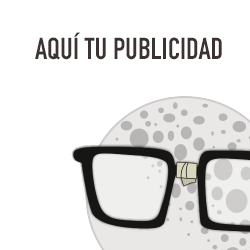
The education industry has been slow to implement new technologies in a way that reaches all places in the world. It has seen massive changes in the last few years, but it still has a long way to go. Even though some things have changed, institutions around the world still used the same traditional teaching methods. Here are some of the technologies that could finally impact the industry for the better.
Artificial Intelligence
Artificial intelligence is the part of technology where software engineers are trying to create machines that simulate human intelligence. It has many applications and potential for incredible developments. But so far, it is already making a difference in the education industry. For example, artificial intelligence is the technology behind chatbots, which have become essential to help students in self-paced courses.
Another application is to give more personalized experiences by creating courses that can adapt to each student’s learning pace. That is the case for the learning platform Duolingo. The app is used to learn other languages, and it uses AI to give personalized lessons to each user.
In the future, if we reach a point where we can simulate human intelligence more successfully, we could be seeing AI-powered teachers. Not many people want to believe that robots will replace teachers, but they could become an assistant of sorts to improve the learning experience. https://techktimes.com/
The Internet of Things
The Internet of Things is the interconnection that has been created in our world, thanks to digital technologies. Every smart device, wearable, and appliance we use are connected to the Internet, and all of them can be used to enhance user experience. In the education Software industry, institutions can use IoT to create smart campuses.
It means giving the students extra information depending on their location. Students will be able to use their devices to interact with the buildings. For example, teachers could monitor homework and share test results in real-time. Another application is to use IoT devices to increase security in educational institutions.
If the IoT is implemented in most institutions worldwide, we could be seeing a more integrated education system where education practices are more uniform through different countries. They will also collect a lot of data, and data scientists will be able to extract powerful insights to improve teaching methods.
Educational Apps
Right now, the Internet is an infinite source of knowledge for anyone interested enough to learn. And apps are becoming a fun and easy way to learn new things. For younger generations, that spend most of their time online, educational apps are becoming the future. There are apps for learning, for keeping track of homework, projects, and apps that help you find research papers.
Some apps help you learn math, languages, improve logical thinking, and everything you can imagine. And in the early education stages, before kids even start kindergarten, educational apps are becoming the first teacher of toddlers. Educational apps have been proven to increase performance in students. Overall, educational apps increased performance and engagement.
Nudge Tech
Nudge is a term coined from behavioral economics. It means using any external source to change user behavior without making it an order or suggesting outright. For example, if you drive on the highway over the speed limit and see a speed calculator, you will probably reduce the speed. The speed calculator nudges you to make a better decision.
In education, nudge tech can be used along with predictive analytics and machine learning to improve student performance. There are different technologies at play. For example, chatbots can be considered nudge tech, depending on the context. In 2012, several institutions worked together to reduce summer-melt among low-income high school graduates.
They sent automated and personalized text messages reminding students and parents of pre-matriculation tasks. The experiment increased enrollment and increase counselor capacity. Nudge technology can also be used to encourage students to improve their study habits, mental and physical health, and engagement in classes.
In Summary
Many technologies have impacted the education industry in the last decade. Artificial intelligence is allowing institutions to give more personalized experiences. The Internet of Things is improving the connection between all the parts of the industry, from students and teachers to classrooms. Moreover, educational apps and nudge tech is helping to enhance student performances all across the globe.









